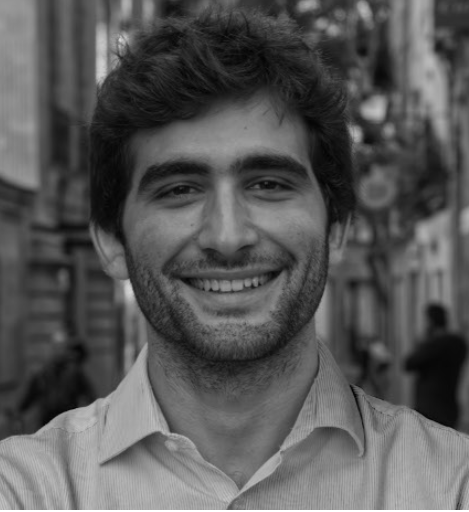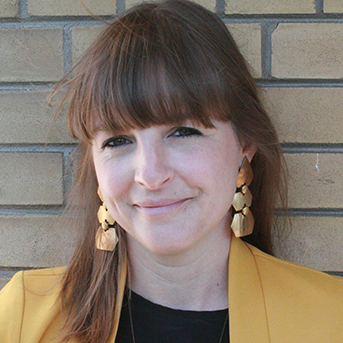By Ashley Goodfellow Craig, editor, YFile
York University will lead a new initiative that aims to increase understanding of the impacts of populism on Canadian politics.
Launched Sept. 27 at York’s Glendon Campus, the Observatory of Populism in Canada is a first-of-its-kind research endeavour that will work to generate, support and highlight empirical and theoretical research on populism’s role in Canadian society.


The Observatory is led by Emily Laxer (associate professor of sociology at Glendon and York Research Chair in Populism, Rights and Legality) in collaboration with Rémi Vivès(assistant professor of economics at Glendon) and Efe Peker (assistant professor of sociology and political science at the University of Ottawa), and supports the University’s priority to advance research on compelling developments of our time.
“There is a great deal of confusion and debate about what populism means, how it manifests and what its impacts are,” says Laxer. “The Observatory’s overarching objective is to bring clarity and specificity to the conversation about populism in Canada through robust social scientific research, for the benefit of researchers, the media and the interested public.”
Populism, which researchers say is globally on the rise, is the notion that society can be divided into two conflicting groups: the pure “people”; and the corrupt “elite,” who are thought to undermine the general will. Data from Google Trends published in an Observatory brief shows that searches of “populism in Canada” have increased dramatically in number since 2016 – the year that saw Britain exit the European Union (“Brexit”) and the U.S. election of Donald Trump. The highest peaks in interest were recorded in 2018, the year the People’s Party of Canada was founded, and 2022, during the “Freedom Convoy.”
And, despite a growing interest, Laxer says there remains a lack of clarity about what populism means, and about the distinct, context-dependent ways that it manifests in Canada.
“The Observatory of Populism in Canada aims to address this by promoting and generating original research that elucidates the manifold dimensions of populism in Canadian political life,” she says.
The demand for research on the topic is urgent; until recently, a widespread narrative of Canadian “exceptionalism” held that Canada had not seen the rise in populist parties and movements witnessed elsewhere in the world. This, says Laxer, downplays the multiple, ideologically and regionally diverse expressions of populism in Canadian history and precludes a clear understanding of populism’s role in Canada today.
The Observatory grew out of, and is partially funded by, the York Research Chair in Populism, Rights and Legality, held by Laxer. One of its collaborators, Vivès, is working with the Observatory to develop a large-scale database that will enable the use of advanced quantitative analysis techniques to study manifestations of, and support for, populist framing on social media in Canada.
The Observatory team also includes a number of researchers – among them several York graduate and undergraduate students who are pursuing independent research related to the theme of populism, in both Canada and elsewhere.
The Observatory is a public-facing, collaborative endeavour. Further information, including research findings, can be found at yorku.ca/research/robarts/observatory-populism. Members of the York community are encouraged to send any inquiries to observatory.populism@yorku.ca.

